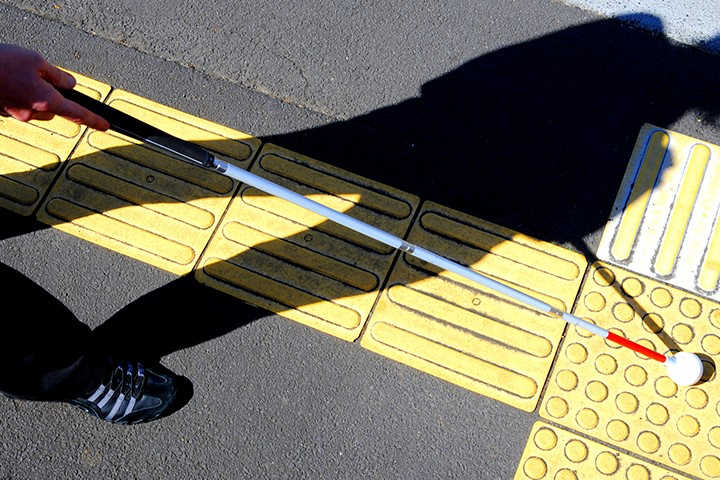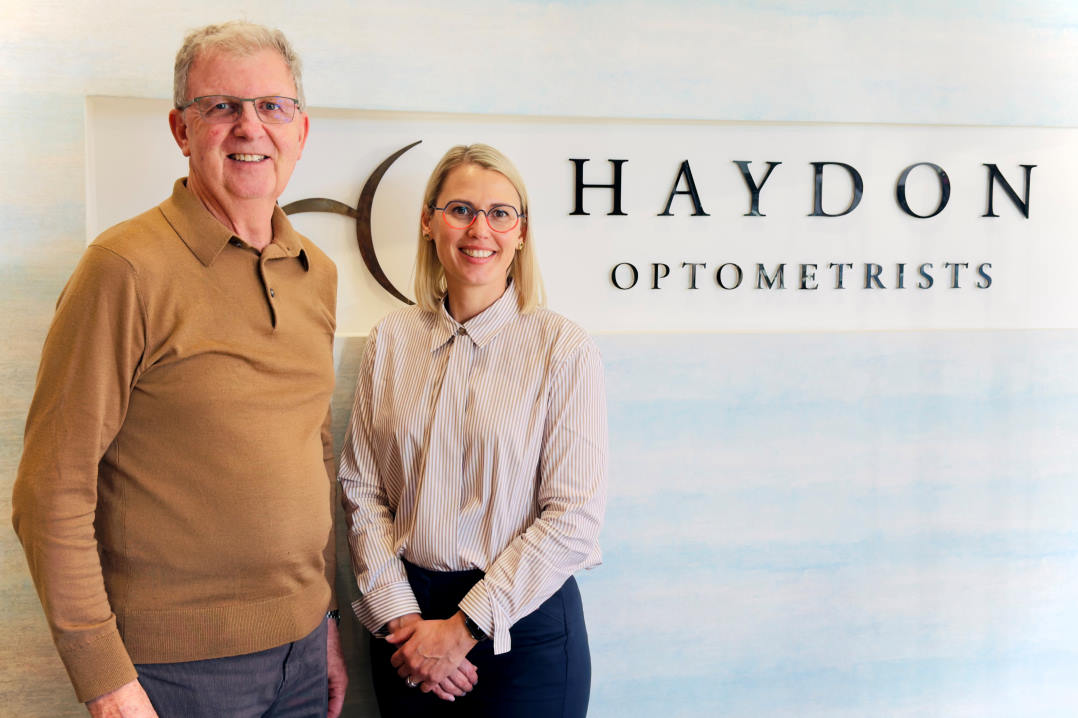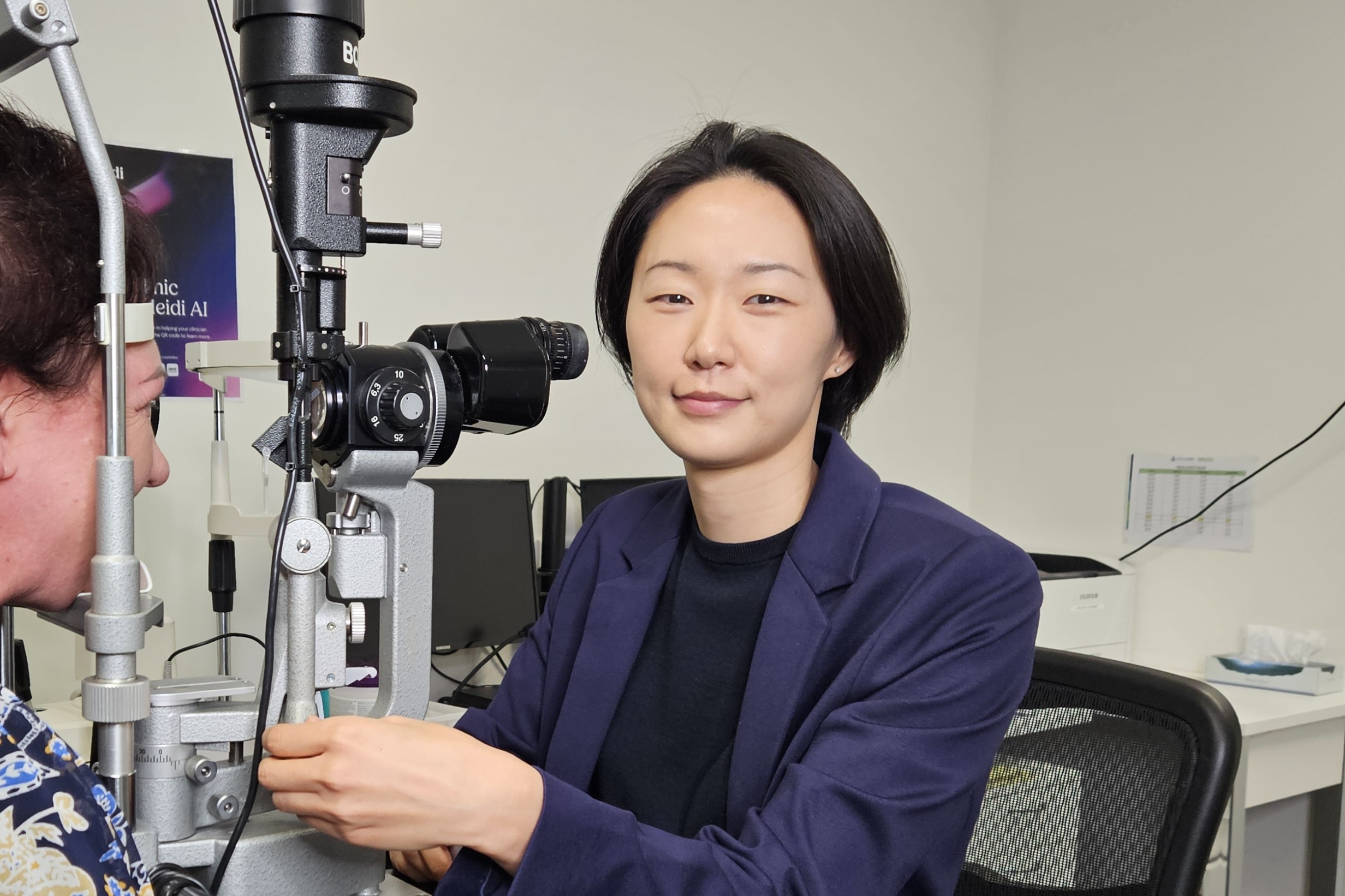Turning point for troubled charity
An independent inquiry into the workplace culture at Blind and Low Vision New Zealand (BLVNZ), found an already poor culture was made worse by the transformation work initiated in 2019, but is now improving thanks to organisational and policy change.
Following complaints about the treatment of clients and staff, the inquiry was commissioned by the Royal New Zealand Foundation of the Blind (RNZFB) board in August 2021 and was conducted by employment lawyer Rob Towner.
Going back to 2019, Towner learned that the RNZFB board mandated a significant transformation programme for BLVNZ in response to low outputs, which were well below international standards, and service delays. Compared to other countries, service delivery costs were three times higher than expected, mainly due to sizeable overheads. The organisation also had issues with low staff productivity and high staff turnover in management roles, including in the human resources function.
Although deemed critical for future service delivery, Towner found the change programme resulted in a number of negative consequences, including redundancies, staff feeling disillusioned, stressed and insecure in their positions, genuine concerns about the organisational change having an adverse impact on services to clients, a negative impact on an already poor workplace culture, and a worsening in the relationship between BLVNZ and and patient advocacy group Blind Citizens New Zealand.
He also concluded that CEO John Mulka had acted within his remit and the criticism against him was largely unjustified. “There was in 2019, when CEO John Mulka commenced his employment at BLVNZ, a poor workplace culture in the organisation which had existed for many years, as confirmed by culture surveys undertaken by the organisation in 2012, 2015 and 2018. Inadequate steps had been taken by the organisation prior to the appointment of the CEO to address its poor workplace culture. The organisational transformation worsened that existing poor culture, some of which was unavoidable, given the extent of the transformation,” Towner wrote in the inquiry summary.
However, Towner found concerted efforts from management combined with new initiatives – including the introduction of a four-day work week, a whistle-blower policy and measures against bullying and harassment – have already contributed to an improvement in workplace culture, as confirmed by a survey undertaken in May 2022. Towner added he is hopeful the culture will continue to improve as the “unsettling and negative effects of the organisational transformation recede over time”.
While accepting some findings, chair Judy Small said the board has “significant reservations” about others and is disappointed many of the views expressed by participants have not been validated – likely a result of differences of opinion and inquiry scope. “That said, the findings as they stand give the board plenty of direction to move forward from.”
The board fully acknowledged there is considerable work still to be done and is committed to seeing it through to a positive conclusion, Small said. “I think this is a turning point for us. By looking at services and the way we do things, it will improve both our culture and service delivery. But it won’t be a five-minute fix; this will take some time.”
Mulka said he is happy the 18-month long inquiry is concluded, allowing the organisation to focus on a way forward. “Any time an organisation goes through a process like this it has wide-ranging implications. I’m just pleased it’s been drawn to a conclusion. I do respect people’s opinions; some may not agree with the findings. The board asked for an independent inquiry and we have to trust the process and the person chosen to do this is very capable and carried out the inquiry as he was mandated to do. We’ve learnt from this and are committed to moving forward.”
The board was not interviewed for the inquiry, either as individuals or collectively.
























